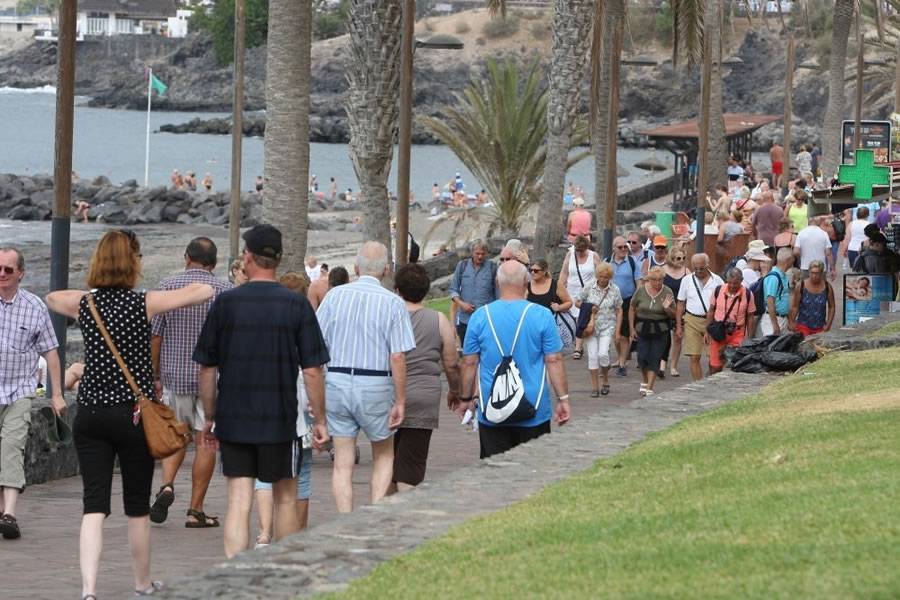New Record: Holiday Lets brought in €121 million in November in the Canary Islands
- 29-12-2024
- Business
- Canarian Weekly
- Photo Credit: Stock Image
The Canary Islands’ tourism sector is ending 2024 on a record-breaking note, with hotels and holiday homes achieving unprecedented revenue. According to the Canary Islands Statistics Institute (ISTAC), holiday home income surged to €121.5 million in November alone, a remarkable 42 million euro increase compared to the same month in 2023.
This growth reflects the sector’s resilience and popularity, even amidst regulatory uncertainty.
Significant Revenue Growth in Holiday Lets
The 2024 revenue figures for holiday lets demonstrate an upward trajectory. With 47,980 properties offering 202,453 places and an average stay of 4.67 days, November's performance capped a year of steady increases.
Monthly income comparisons reveal a consistent year-on-year rise:
- January: €65.9M in 2023 to €78.3M in 2024
- February: €61.5M in 2023 to €83.9M in 2024
- March: €66M in 2023 to €99.6M in 2024
- August: €71.4M in 2023 to €102.7M in 2024
Revenues in September and October were also higher than in previous years, reflecting the sustained demand for holiday rentals.
Leading Municipalities for Revenue
Holiday rentals in municipalities like Adeje (€13.8M), San Bartolomé de Tirajana (€11.5M), and Arona (€10.8M) topped the revenue charts in November, with Yaiza (€10M) and La Oliva (€9M) also contributing significantly to the sector's success.
As the sector flourishes, the draft Law on Holiday Accommodation is poised to introduce sweeping regulatory changes aimed at balancing market forces and alleviating housing tensions. The proposed legislation includes:
- Requiring a responsible declaration to start rental activities.
- Mandating technical project submissions.
- Implementing a digital registration system for stricter oversight.
- Restricting licences until municipal plans explicitly permit holiday rentals.
While policymakers argue that these measures are necessary to address residential housing shortages, critics maintain that the broader housing crisis stems from factors beyond holiday rentals, such as national housing laws.
Other articles that may interest you...
Trending
Most Read Articles
Featured Videos
TributoFest: Michael Buble promo 14.02.2026
- 30-01-2026
TEAs 2025 Highlights
- 17-11-2025




























































